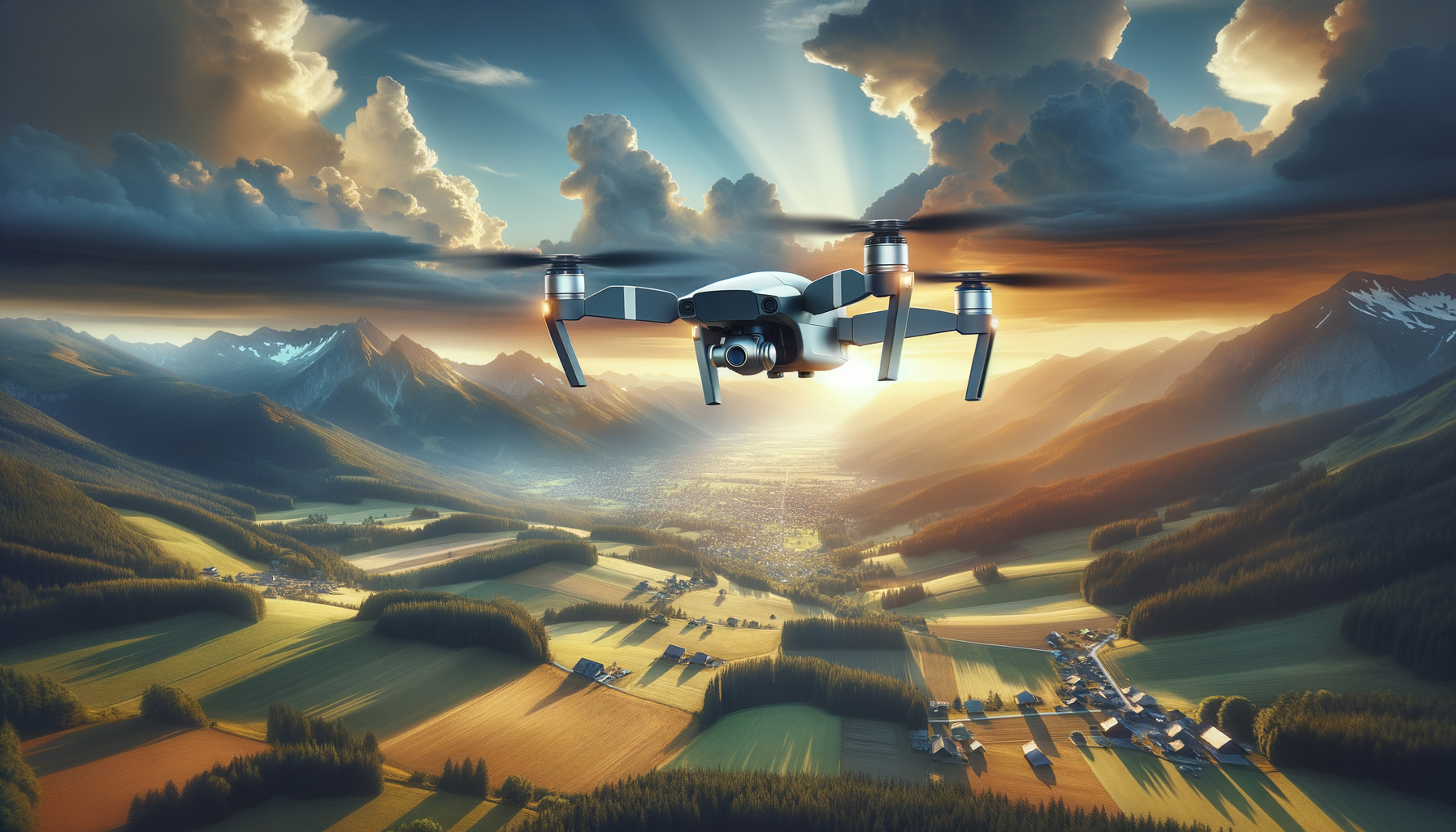
Sky High Skills: Drone Control Training That Can Lead to Certification!
Understanding the Basics of Drone Pilot Training
Drone pilot training is an essential pathway for anyone looking to enter the expanding field of unmanned aerial vehicles (UAVs). As drones become increasingly integrated into various sectors such as agriculture, real estate, and emergency services, the demand for skilled operators is on the rise. Understanding the basics of drone pilot training involves familiarizing oneself with the types of drones, their functionalities, and the regulations governing their use.
Training programs typically begin with an introduction to the different types of drones, ranging from small consumer models to large industrial UAVs. Each type has unique features and is suited for specific tasks, such as aerial photography, surveying, or delivery services. Understanding these differences is crucial for selecting the right drone for your intended use.
Another key aspect of basic training is learning about the regulations set by aviation authorities. In the United States, for example, the Federal Aviation Administration (FAA) regulates drone operations to ensure safety and privacy. Trainees must become familiar with rules regarding airspace classifications, flight restrictions, and requirements for obtaining a Remote Pilot Certificate. This knowledge ensures that operators can legally and safely conduct drone flights.
Finally, basic training covers the fundamental skills needed to operate a drone. This includes understanding the control systems, navigation techniques, and safety protocols. Practical flight training is often part of this phase, allowing trainees to gain hands-on experience in controlling drones under various conditions. By mastering these basics, aspiring drone pilots can build a solid foundation for more advanced training and specialization.
Advanced Training and Specializations
Once the basics are mastered, drone pilots can pursue advanced training to specialize in specific applications or industries. Advanced training programs delve deeper into technical skills and knowledge, offering courses on topics such as aerial mapping, cinematography, and precision agriculture. These programs are designed to equip pilots with the expertise needed to perform complex tasks and operate sophisticated drone systems.
One popular area of specialization is aerial mapping and surveying. This involves using drones equipped with specialized cameras and sensors to collect data for creating detailed maps and 3D models. Pilots learn how to plan and execute flight missions, process data using mapping software, and interpret the results for various applications, such as construction, environmental monitoring, and land management.
Another area of specialization is drone cinematography, which focuses on capturing high-quality aerial footage for film and media productions. This requires pilots to develop skills in camera operation, shot composition, and editing techniques. Training programs often include practical exercises where trainees work on real-world projects to hone their skills.
Precision agriculture is another field where drone pilots can specialize. Drones equipped with multispectral sensors can monitor crop health, assess soil conditions, and optimize resource use. Training in this area covers topics such as data collection, analysis, and the integration of drone technology into agricultural practices. By specializing in these advanced areas, drone pilots can enhance their career prospects and contribute to the growing demand for UAV applications across various industries.
Certification and Career Opportunities
Obtaining certification is a crucial step for drone pilots seeking to establish themselves professionally. In the United States, the FAA requires drone operators to obtain a Remote Pilot Certificate, which involves passing a knowledge test covering topics such as regulations, airspace classification, and emergency procedures. Certification ensures that pilots have the necessary skills and knowledge to operate drones safely and legally.
Once certified, drone pilots can explore a wide range of career opportunities across different industries. In the real estate sector, drones are used for capturing aerial photographs and videos of properties, providing potential buyers with unique perspectives. In agriculture, drones help monitor crop health and optimize farming practices, leading to increased efficiency and yield.
Emergency services also benefit from drone technology, using UAVs for search and rescue missions, disaster assessment, and firefighting operations. In these roles, drone pilots play a crucial part in enhancing public safety and improving response times. Additionally, industries such as construction, media, and environmental conservation are increasingly integrating drones into their operations, creating new job opportunities for skilled pilots.
The demand for drone pilots is expected to grow as more industries recognize the value of UAV technology. With the right training and certification, aspiring drone operators can position themselves for success in this dynamic and evolving field. By staying informed about industry trends and continuously updating their skills, drone pilots can take advantage of the exciting opportunities that lie ahead.


